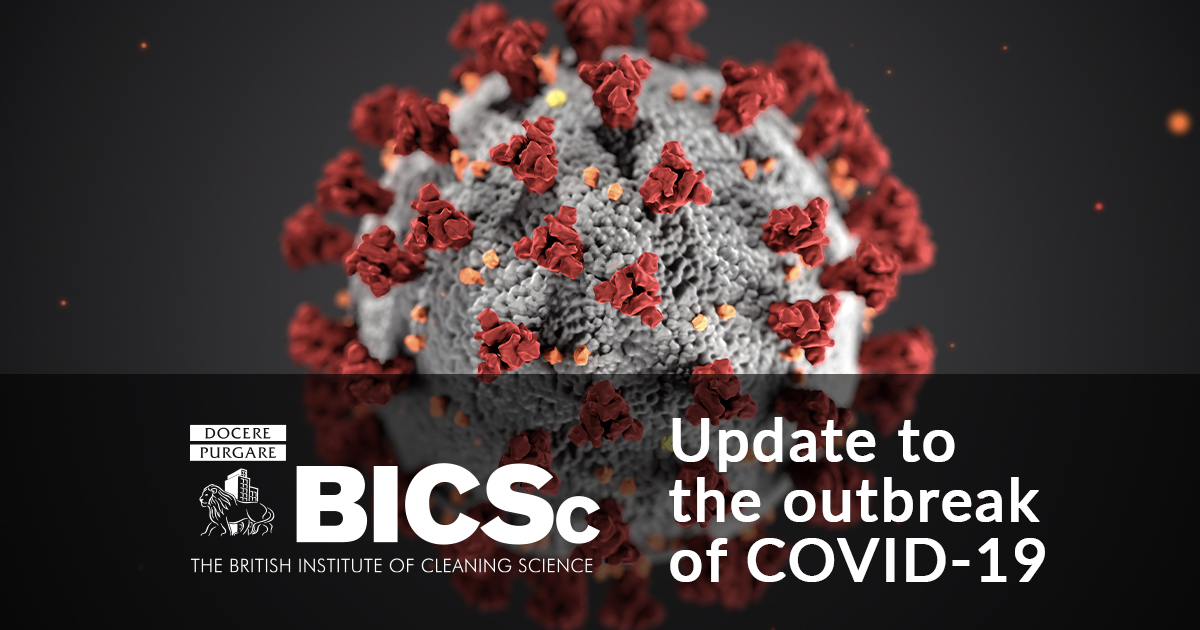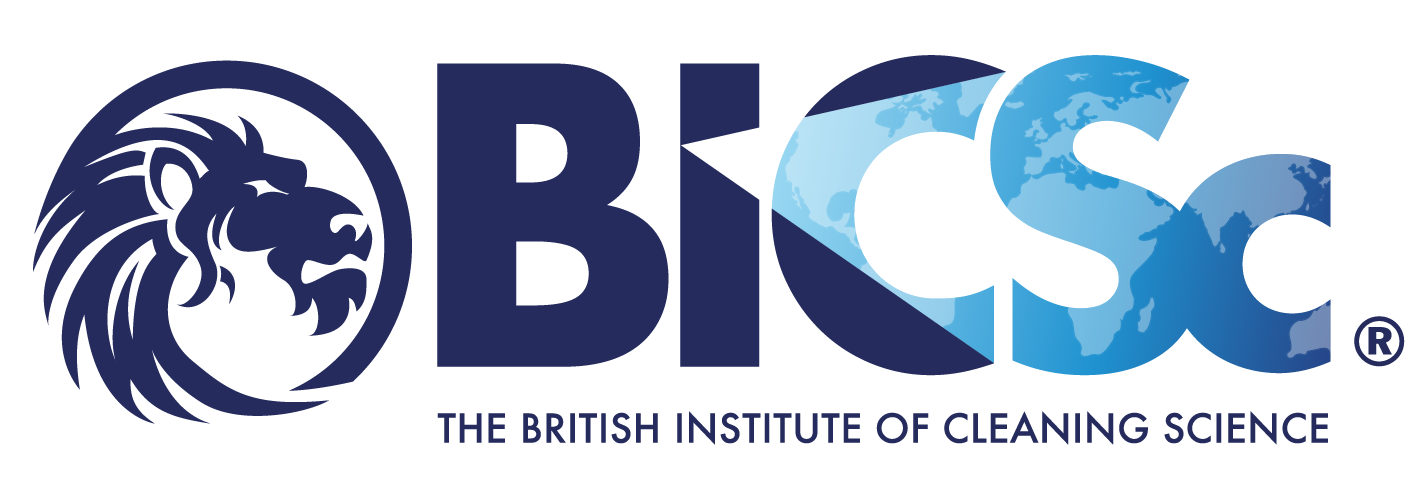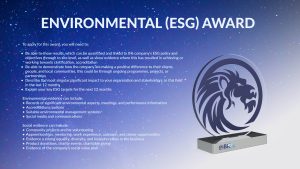
12 Mar BICSc update to the outbreak of COVID-19 (CORONAVIRUS)
Friday 13th March 2020
BICSc update to the outbreak of COVID-19 (CORONAVIRUS)
In these uncertain times, we wanted to provide an update on what we are doing at BICSc to support you and your organisations.
As the situation around novel coronavirus (COVID-19) continues to evolve, we will all face an extremely challenging time, and our industry, in particular, must play its part in helping to reduce the risk of the spread of the disease.
We are conscious that people are looking for answers, as there has been a common theme to the questions we are being asked, we have put together some FAQs and answers that we think may help you.
Question - What do we need to do to deep clean?
After a confirmed outbreak of COVID-19 (CORONAVIRUS) to ensure a deep clean, all substrates, fixtures, fittings, furniture (including soft) and other items in the area are disinfected (to protect the operative), then cleaned and finally re-disinfected.
A deep clean will involve 8 elements:
- Using the correct PPE, including following correct gowning and de-robing procedures for this equipment.
- Isolation of the area to be deep cleaned.
- Disinfection with the approved/correct disinfectant, paying special attention to touchpoints and high-risk areas as indicated by your risk assessment.
- Thorough clean of the area in line with BICSc standards.
- Clinical re disinfection of the whole area.
- Disinfection of machinery and equipment, if any are deployed.
- Correct disposal of contaminated materials and PPE.
- Shower/clean of cleaning operative(s) after completion of the task.
Question - What can we use to kill the virus?
We have not seen any scientific evidence for any product that is proven to kill the current strain of COVID-19, (if anyone knows different, and can provide the scientific evidence on a product that will kill this particular strain, please do let us know). In a time of such uncertainty, we should be standing together to share knowledge.
Current Public Health England advice is as follows;
“a chlorine-based disinfectant should be used, in the form of a solution at a minimum strength of 1,000ppm”
Question - Do you have a course on cleaning up after the Coronavirus?
The Cleaning Professional’s Skills Suite offers a course called SU2 (Bio-Hazard Decontamination Cleaning). This course covers the removal of substances from surfaces, which may be excessive and contain higher risks to the operative.
However, this standard course does not include CLINICAL DISINFECTION, which would be a requirement, as explained in our deep clean definition for this outbreak.
We will be offering SU2 with an enhancement that covers the DISINFECTION process required.
We are now in the process of scheduling a number of 2-day SU2 (enhanced) courses which will cover the following as required for the deep clean:
- Licence to Practice
- BU2 Damp mopping
- BU9 Auto scrubber drying
- AU5 Washing surfaces
- SU2 Bio-hazard decontamination cleaning
- In addition, the technical advice for disinfection around the outbreak will be covered
- Location: BBS Training Suite Northampton
- Duration: 2 days
- Cost: £300 + VAT for members and £350 + VAT for non-members
- Candidates will need to be proficient in the use of a scrubber dryer
Please contact us for further details: e: [email protected] t: 01604 678 712
For upcoming training dates CLICK HERE
If you have not had an outbreak, in order to reduce the risk of spread of the disease;
- Maintain BICSc cleaning standards within your organisation.
- Consider increasing the frequency of cleans, particularly of sanitary ware and heavy touchpoint areas.
- Ensure colour-coding is followed without exception.
For additional clarity here are the differences between disinfection and decontamination
Disinfection
The process of cleaning something using chemicals that kill bacteria and other organisms (= very small living things) that cause disease: Thorough cleaning and disinfection of all surfaces is essential.
Decontamination
The action of removing dangerous substances from something: Thorough decontamination of the site will be required. Good personal hygiene and environmental decontamination are essential to keep the disease from spreading to humans.
Source Cambridge Dictionary
We will continue to monitor the situation and will update you accordingly.
Please keep an eye on the BICSc website for further information – please also look to the World Health Organisation and Public Health England for updates.











